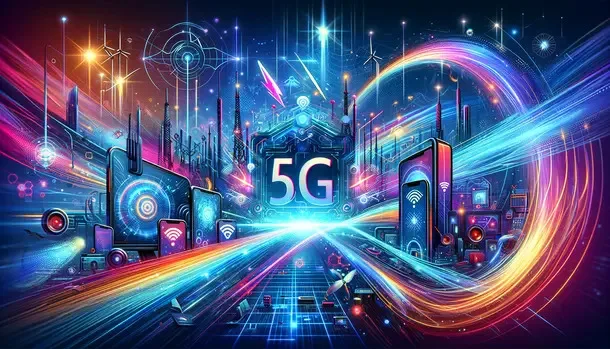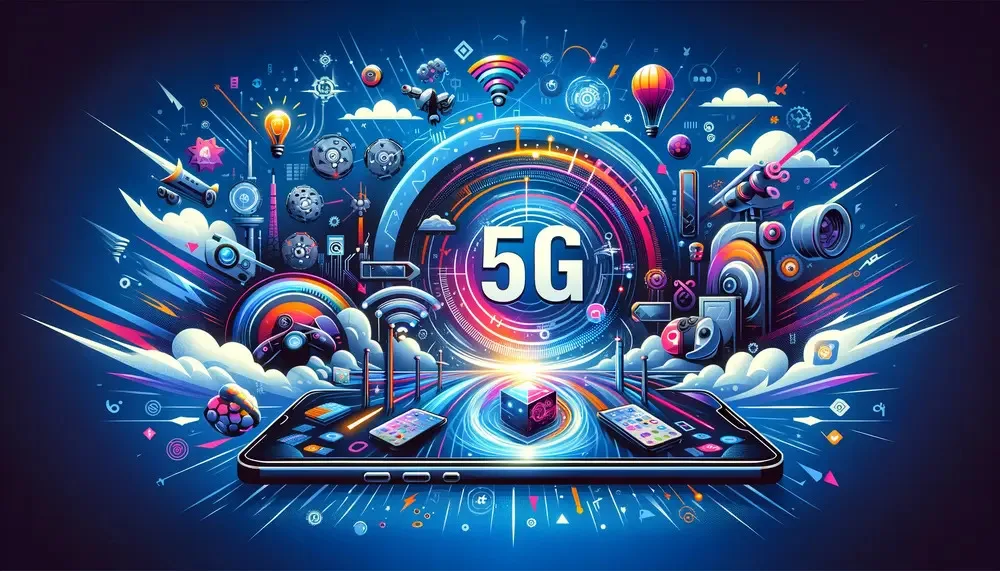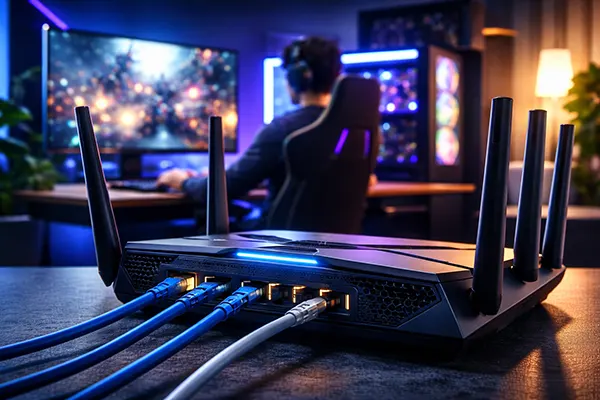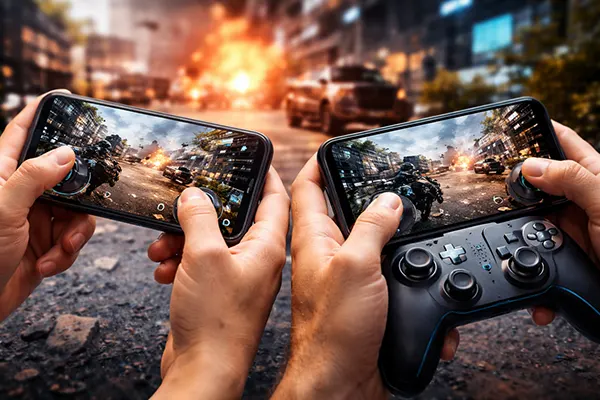
The Impact of 5G on Mobile Gaming Equipment
The advent of 5G technology marks a pivotal moment in telecommunications, promising to revolutionize various sectors, including mobile gaming. With its unprecedented speed and lower latency, 5G is set to offer gamers a seamless and immersive gaming experience, untethered by the constraints of previous generations. This article explores the profound impact 5G is expected to have on mobile gaming equipment, from enhanced gameplay to the rise of cloud gaming and esports.
Understanding 5G technology
5G technology is at the forefront of internet technology, characterised by its ability to deliver higher data rates, ultra-low latency and the ability to connect more devices simultaneously. This next-generation network technology is designed to support a huge range of applications and services, including real-time gaming. For a deeper dive into the mechanics and potential of 5G technology, visit https://dslanbietern.de/.
Revolutionizing Mobile Gaming with 5G
The introduction of 5G is transforming mobile gaming, making games more responsive and realistic. Gamers can now enjoy reduced lag times, which is crucial for competitive gaming where every millisecond counts. Additionally, the enhanced connectivity enables more complex and multiplayer games without the fear of disconnection or delay, providing a smoother and more engaging gaming experience.
Advances in Mobile Gaming Hardware
The rollout of 5G is driving innovation in mobile gaming hardware. Manufacturers are developing devices with advanced processors, better graphics, and higher resolution displays to leverage the capabilities of 5G. Furthermore, gaming smartphones are being equipped with cooling systems and battery technologies to support prolonged gaming sessions, ensuring that the hardware can keep up with the demands of next-gen mobile games.
5G and Cloud Gaming
Cloud gaming stands to benefit significantly from 5G, as it relies on fast, stable connections to stream games directly to devices without the need for downloading. With 5G, cloud gaming services can deliver high-quality, console-level games to smartphones, making gaming more accessible and eliminating the need for expensive hardware. This paradigm shift could democratize gaming, allowing players to access a vast library of games regardless of their device’s specifications.

The Role of 5G in Esports and Mobile Gaming
Esports, particularly mobile esports, is poised for exponential growth with the introduction of 5G. The enhanced network capabilities allow for real-time streaming of competitive events with minimal latency, making mobile devices viable platforms for professional gaming. This development not only expands the audience for esports but also opens up new opportunities for players and sponsors alike.
Issues and Considerations
Despite its advantages, the deployment of 5G also presents challenges. Issues such as network coverage, device compatibility, and the cost of 5G-capable devices may hinder widespread adoption. Additionally, there are concerns about data security and privacy with the increased connectivity that 5G brings.
Future Trends in 5G Mobile Gaming Equipment
Looking ahead, 5G is expected to spur further innovations in mobile gaming equipment. We anticipate the emergence of devices with even faster processing speeds, AI capabilities for personalized gaming experiences, and perhaps even integration with wearable technology for more immersive gameplay. The continuous improvement of 5G infrastructure will likely usher in a new era of mobile gaming, marked by unprecedented realism and interactivity.
Conclusion
The impact of 5G on mobile gaming equipment is profound, heralding a new age of gaming marked by unparalleled speed, connectivity, and immersion. As 5G continues to roll out globally, its influence on mobile gaming hardware, cloud gaming, and esports will undoubtedly grow, reshaping the gaming landscape and how we interact with virtual worlds. While challenges remain, the potential of 5G in revolutionizing mobile gaming equipment and experiences is undeniable, promising an exciting future for gamers worldwide.
Popular articles
-
 Home Network for Cloud and Remote Gaming i...
Home Network for Cloud and Remote Gaming i...Cloud gaming and remote play are unforgiving: …
-
 The Room: Old Sins (Android/iOS): the stro...
The Room: Old Sins (Android/iOS): the stro...The Room: Old Sins is the entry …
-
 Touchscreens and Gesture Control in Mobile...
Touchscreens and Gesture Control in Mobile...Mobile gaming has changed fundamentally over the …
